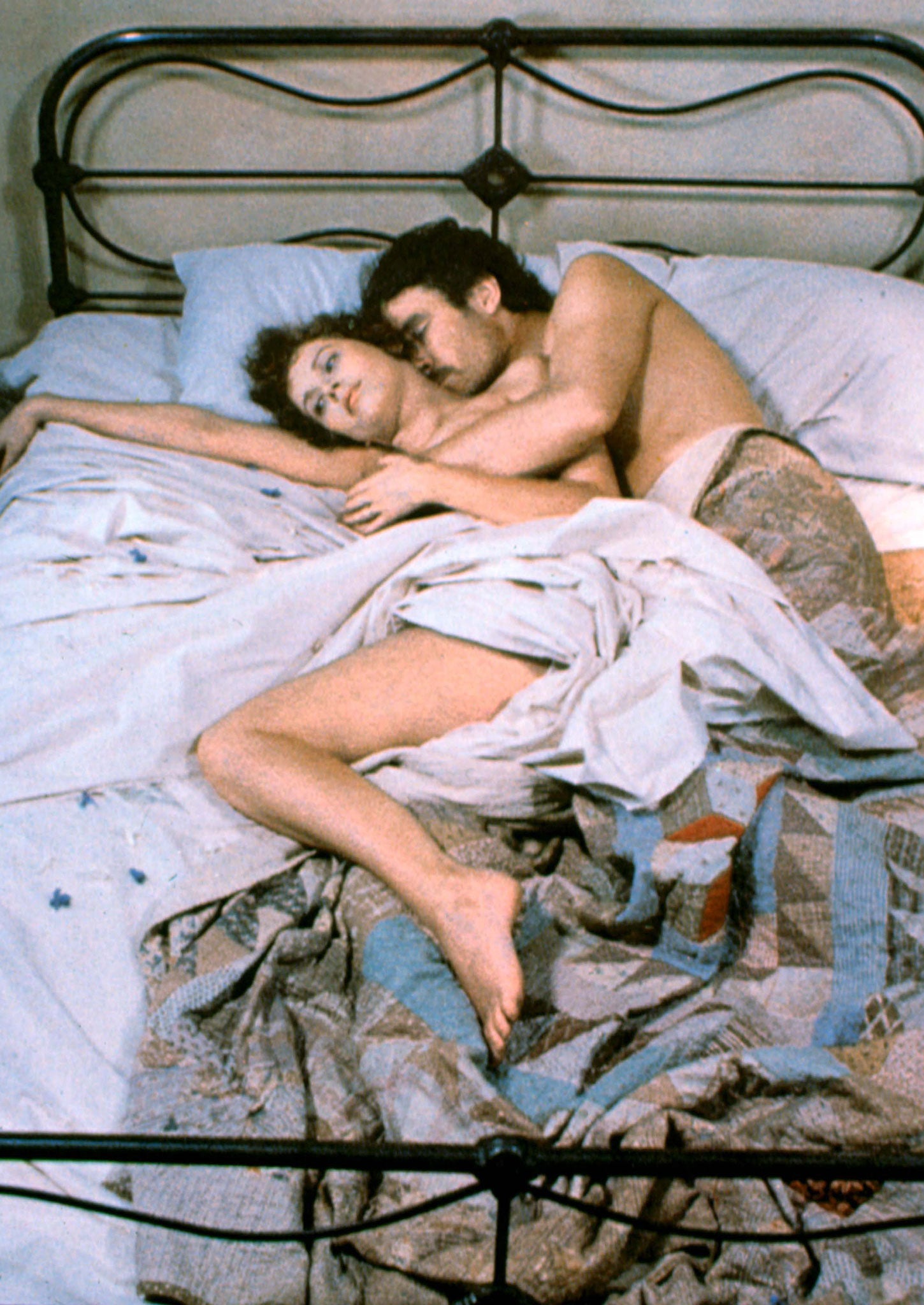The Last Victorians: A Daring Reassessment of Four Twentieth Century Eccentrics by W. Sydney Robinson, book review
A biography of four men who embodied Victorian values well into the 20th century is rich in detail

Your support helps us to tell the story
From reproductive rights to climate change to Big Tech, The Independent is on the ground when the story is developing. Whether it's investigating the financials of Elon Musk's pro-Trump PAC or producing our latest documentary, 'The A Word', which shines a light on the American women fighting for reproductive rights, we know how important it is to parse out the facts from the messaging.
At such a critical moment in US history, we need reporters on the ground. Your donation allows us to keep sending journalists to speak to both sides of the story.
The Independent is trusted by Americans across the entire political spectrum. And unlike many other quality news outlets, we choose not to lock Americans out of our reporting and analysis with paywalls. We believe quality journalism should be available to everyone, paid for by those who can afford it.
Your support makes all the difference.This book is an antidote to Lytton Strachey's Eminent Victorians. It consists of four miniature biographies of men (there is, surprisingly, no woman) who survived long into the 20th century and embodied "Victorian values". Such values are virtually impossible to define but Sydney Robinson associates them with the conservatism, puritanism and parochialism of those hostile to the permissive society of the 1960s. And he has a sneaking sympathy for them, finding occasional attractive characteristics in the quartet of monsters he portrays in order to reflect "the afterglow" of the Victorian age.
They are William Joynson-Hicks (known as Jix), the Home Secretary who suppressed publications such as Radclyffe Hall's chaste lesbian novel The Well of Loneliness; William Inge, the "Gloomy Dean" of St Paul's, who advocated imprisoning adulterers and sterilising the "unfit"; John Reith, first general manager of the BBC, who denounced one of its governors, Ethel Snowden, as the "Whore of Babylon"; and Arthur Bryant, the popular historian who celebrated our island story in roseate terms and flirted with Hitler.
Jix made Mary Whitehouse look like a liberal. Brought up to believe in the literal truth of the Bible, he prospered as a solicitor by embodying the gospel of work. As a Tory MP he supported Stanley Baldwin and was rewarded in 1924 with the Home Office, treating it as an instrument to root out sin. Using police spies and the war-time Defence of the Realm Act (DORA was said to be the only woman he ever loved), he attacked drinking clubs, strikers and avant-garde art, which he evidently equated with obscenity. One of his victims, D H Lawrence, said that Jix belonged to "the last century, the eunuch century, the century of the mealy-mouthed lie".
Robinson defends him as in some respects a progressive, for example over women's suffrage and borstal reform. He states that Jix was no mere tyrant or killjoy, but a genuine crusader for all-round morality. Needless to say, this is how censors invariably justify themselves – Goebbels claimed to be burning books that threatened to poison the spirit of Germany. Robinson also asserts that future Home Secretaries may have to employ Jix's methods of surveillance and censorship against terror. He seems to imply that this is a retrospective vindication of Jix, who was in fact widely regarded at the time as a ludicrous reactionary.
Dean Inge was a professional obscurantist. Born to Anglo-Catholic parents (who were not therefore, as Robinson thinks, "disciples of Cardinal Newman") he was an outstanding classical scholar who damned almost every aspect of modernity. Freedom of speech was dangerous, trade unions were despotic, Suffragettes were morally insane, the "surplus" population needed exterminating. Ordained and eventually preferred to the deanery of St Paul's, Inge soon decided that the services were "a criminal waste of time" since the Creator was "not the kind of person who enjoys being serenaded". He read secular works in his stall during worship and refused to have dinner with a canon on the grounds that it was his bath night. Such acerbity made him a star in Fleet Street – he was not so much a pillar of the church, critics jibed, as two columns of the Evening Standard. The Gloomy Dean was about as absurd as the Red Dean of Canterbury. But Robinson credits him with the courage of his appalling convictions.
As all this suggests, the thesis of this book is highly dubious. Its author even argues that it is unhistorical to condemn Arthur Bryant's pro-Nazi sympathies during the 1930s, ignoring the fact that Hitler gave ample evidence of his villainy well before the war. But as Robinson showed in his prize-winning poplitical biography, Muckraker: The Scandalous Life and Times of W. T. Stead, he does have an excellent eye for detail. His cameo of Lord Reith, ravaged in old age by frustrated megalomania, is unforgettable. Reith was reduced to living alone on a diet of biscuits, marmalade and bananas, his sole companion a large daddy-long-legs.
Piers Brendon's latest book is 'Eminent Elizabethans' (Vintage)
Join our commenting forum
Join thought-provoking conversations, follow other Independent readers and see their replies
Comments